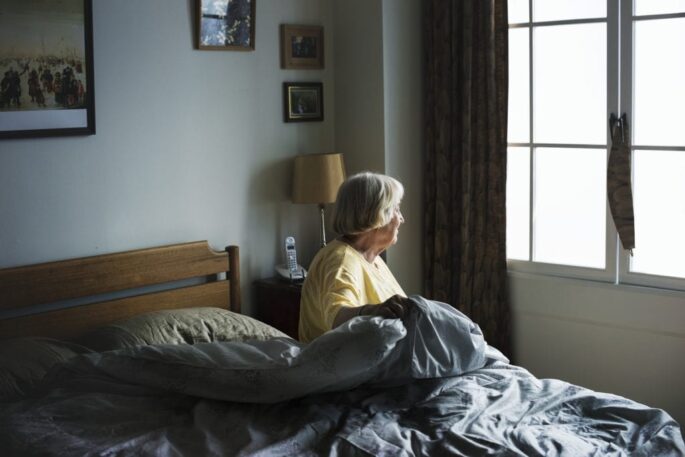Understaffing and unqualified staffing in nursing homes put elderly residents at risk of neglect and abuse.
Understaffing in nursing homes is a common problem with severe consequences. Nursing home regulations are in place to protect helpless residents from neglect and abuse. However, nursing homes with too few staff or staff that are unqualified frequently receive fines for violating these regulations.
Inadequate nursing home staffing causes tragedies, including medical errors, deadly falls and bed sores. A caregiver shortage forces staff to prioritize certain duties over others. This often means overlooking responsibilities like preventing infection, controlling accident hazards, maintaining sanitary conditions and improving resident well-being.
Understaffing in nursing homes reduces the standard of care and puts residents at risk. On the other hand, studies show that a good ratio of staff to residents increases the quality of care and improves health among residents.
Why Resident-to-Staff Ratio Is Important
Nursing homes are staffed on a ratio of residents to staff. Fewer residents to each staff member prevents the care team from becoming overwhelmed. Since Medicare does not require a minimum resident-to-staff ratio, many nursing homes have too few staff and more residents than they can care for.
According to Federal data, most nursing homes have fewer staff than they report.
Staffing ratios are widely inconsistent from day to day. On short-staffed days, staff often care for twice as many residents as usual. One facility had eight residents to each caregiver on their best-staffed day. On their lowest-staffed day, this increased to 18 residents for every caregiver.
When the ratio of residents to staff is off, caregivers are overwhelmed with responsibilities. They scramble to provide medication, meals and care to the residents who depend on them. Many residents need help getting dressed or using the bathroom. Without an aide on hand, these residents are left feeling helpless and neglected.
When there is understaffing in nursing homes, essential tasks are neglected, such as:
- Adjusting residents to prevent bed sores
- Checking up on patients and noting changes in health
- Keeping residents clean to prevent infection
- Preventing dangerous falls by helping residents move around
Staff members end up feeling stressed and upset by their lack of ability to provide quality care to their patients. As a result, they may become bitter, taking out their frustration on residents. This is where physical or verbal abuse becomes an issue.
When staff face burnout, they quit or move onto higher-paying jobs in hospitals. The high turnover rate in nursing homes causes a rush to recruit new employees. This constant battle encourages facilities to hire unqualified staff and skip critical training periods.
Hiring Unqualified Staff Puts Residents at Risk
Staff also get burnt out when they don’t have proper training or tools. Unfortunately, nursing homes often fail to screen staff before hiring. Unqualified staff may be hired even if they don’t have the required training or experience.
Untrained staff have many shortfalls, including:
- Lack of awareness of nursing home policies
- No training for dealing with resident aggression
- Not understanding the rights of nursing home residents
- Inability to adapt to the shifting needs of residents
Hiring unqualified staff puts residents at risk of all forms of abuse. Without training and experience, staff may unknowingly subject residents to abuse or neglect. For example, elders facing cognitive decline may act violently or aggressively. Care staff that are unfamiliar with this behavior may respond by getting short-tempered and act abusively.
Increasing Numbers of Qualified Staff to Raise the Standard of Care
Nearly 1.4 million people receive care at skilled nursing facilities in the United States. These are people’s parents, grandparents, siblings and loved ones—it’s heartbreaking to think they may be facing abuse or neglect from their caregivers.
Fortunately, advocates are increasing awareness about the standard of care related to understaffing in nursing homes. Some states are passing legislation on staffing standards that will ensure nursing home residents receive the best care possible. Illinois, for example, is implementing minimum staffing requirements and financial penalties for facilities with inadequate staffing.
These facilities need to be held accountable for putting profits over the safety and well-being of the elderly residents in their care.
If someone you love was a victim of nursing home abuse due to staff shortages or unqualified staff, it’s time to demand justice. Contact the Nursing Home Abuse Center to learn about your legal options.

